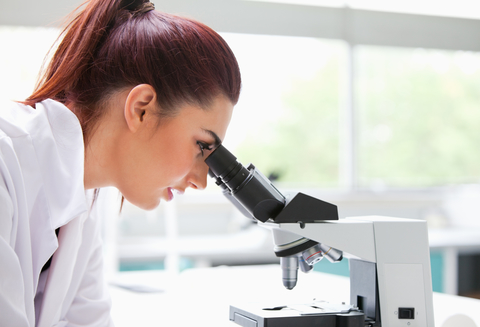Welsh scientists awarded funding for earlier bowel cancer screening

Cancer Research UK has awarded more than £500,000 to scientists in Wales to develop a new test which aims to detect bowel cancer at an early stage.
ITV reports Prof Paul Dyson at Swansea University, Dr Lee Parry at Cardiff University and Dr Sunil Dolwani at Bowel Screening Wales are looking at how a strain of salmonella could be used to detect the exact location of bowel polyps.
The polyps can develop into bowel cancer over time, if left untreated.
Currently, everyone registered with a GP aged between sixty and seventy four can be screened for bowel cancer.
Richard Sugarman, from Penarth, was diagnosed with bowel cancer when he was thirty six.
It took more than a year for his diagnosis.
The father of one had been experiencing severe stomach pains, weight loss and blood loss.
He said “Because I was young at the time, I was told my symptoms weren’t anything serious and were likely to be Irritable Bowel Syndrome (IBS).
“I had been misdiagnosed for a year despite having chronic stomach pain.
“Then I bled when I went to the loo and went to A&E. I was still there for a couple of weeks before I was diagnosed.
“I should not have survived – the cancer had spread to three-quarters of my intestine.”
Richard Sugarman, now forty seven, had surgery to remove the tumour and has now been cancer free for more than ten years.
He welcomes the new research. He said “Research is what gives me, my family and my friends the hope we need.”
Two thousand four hundred people are diagnosed with bowel cancer in Wales each year.
More than nine in ten people with bowel cancer will survive it for five years or more if it is diagnosed at its earliest stage.
Lee Parry said “It’s fantastic to have an investment like this which could one day lead to a rapid test to diagnose bowel cancer at an earlier stage, when treatment is more likely to be successful.
“It can be difficult to find some polyps during an endoscopy, but we have found that we can use the bacteria to help locate polyps which can’t always be seen on camera.”
Paul Dyson said “We plan to use this safe strain of bacteria for people who don’t have symptoms, and if it stays in their system we hope it could be a way to help diagnose people with bowel cancer in the future.”








